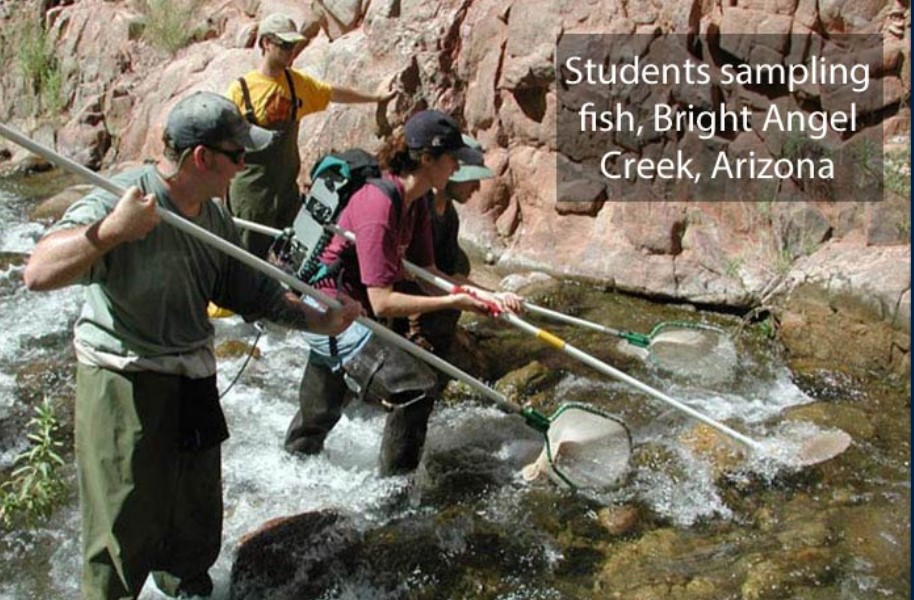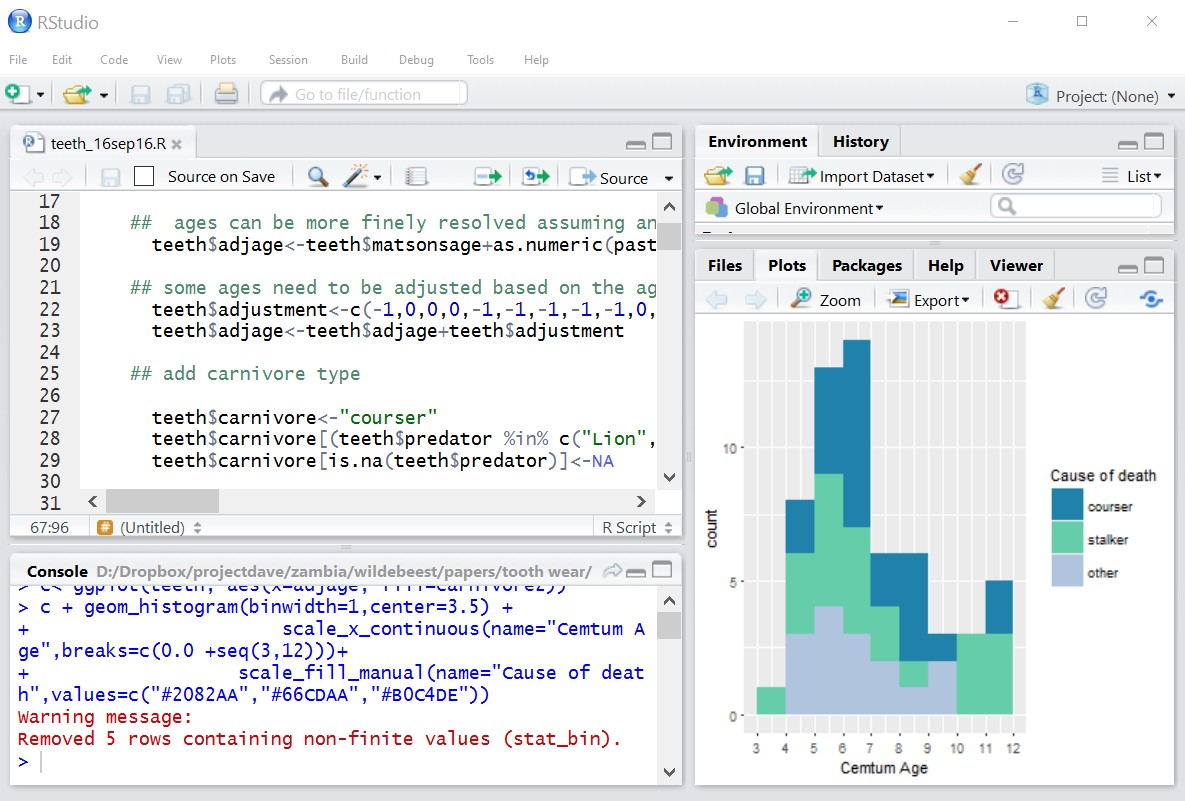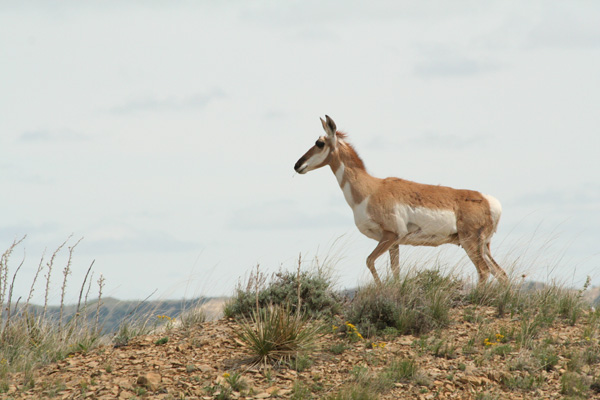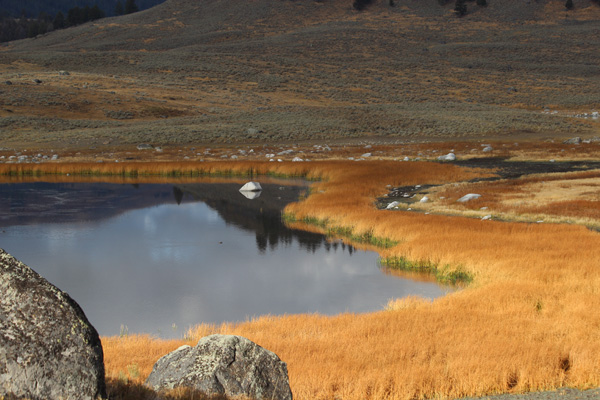Dave Christianson
associate professor
wildlife, fisheries, and conservation biology programs
school of natural resources and the environment
520-626-7621
dchristianson(at)email.arizona.edu
twitter: www.twitter.com/@riskfx
associate professor
wildlife, fisheries, and conservation biology programs
school of natural resources and the environment
520-626-7621
dchristianson(at)email.arizona.edu
twitter: www.twitter.com/@riskfx

The DDCSP is an exciting opportunity for freshmen and sophomores with a demonstrated interest in environmental issues and cultural diversity to receive training, support, mentorship, and approximately $10,000 over two years for paid research experiences and internships. Students will also receive a $1,000 housing stipend each summer. Scholars will participate in an intensive conservation skills and leadership program; work with agency, faculty and graduate student mentors on paid group research projects and internships; attend national meetings; and engage in mentoring and social networks.
Check the Doris Duke Website for more information on applying to this increbilbe opportunity and contact me if you have any questions about the program or need assistance applying.

WFSC 444 is a senior level hybrid course (fully online version in fall 2017) where students explore (1) how human and wildlife populations interact globally (2) how to asses the distribution, abundance, and trend of willdife populations, (3) the influence of demographic and migration rates on population dynamics, (4) the history and current state of anthropogenic impacts on wildlife, and (4) formal strategies for mitigating wildife impacts on people, people's impact on wildlife, with an emphasis on preventing extinction. This course delves heavily into the mathematical underpinnings of the ecology, biology, and behavior of many species viewed as ecologically, economically or intrinsically valuable. WFSC 444 is centered primarily on vertebrate (fish, birds, mammals, reptiles, amphibians) populations but also considers community and ecosystem perspectives.
Prerequisites: ECOL 181 and 182, RNR 316, RNR 321; MATH 113 or 122A/B or 125, Math 163 or 263, Junior/Senior standing. Satisfaction of the Mid-Career Writing Assessment (MCWA).

R continues to increase in global popularity amongsts ecologists for manipulating, analyzing, and presenting data. This course covers R packages that are useful across a broad set of ecological applications and students will gain mastery in channeling field data into the idiosyncratic formats each R function requires. This course covers some fundamentals such as importing and manipulating various data types (time series, counts, geographic layers, model output) as well as simulation of data. This course will also include some discussion of general statistical approaches (model selection and parameter estimation). However, the course revolves around a newa common theme each semester, typically centered around a particular package in R (e.g. Rmark) or analytical approach (distance sampling) based on student interest. Students are expected to have at least a basic familiarity with R syntax and, ideally, RStudio.

This forum covers topics important to developing a career in natural resources, conservation, or ecological sciences. We will cover effective networking, communication, diversity, oral and poster presentations and provide an opportunity for delivering presetations of research in a constructive environment. Visiting specialists will share insights and opportunities to establishing a carrer in the applied or academic sciences and succeeding in various professional enivironments.

This seminar covers current topics and varies each semester. In the past we have discussed nutritional ecology, foraging behavior, predator-prey interactions, survival analysis, and multi-species models. Please contact me me if you are interested in attending or would like to suggest a focus.